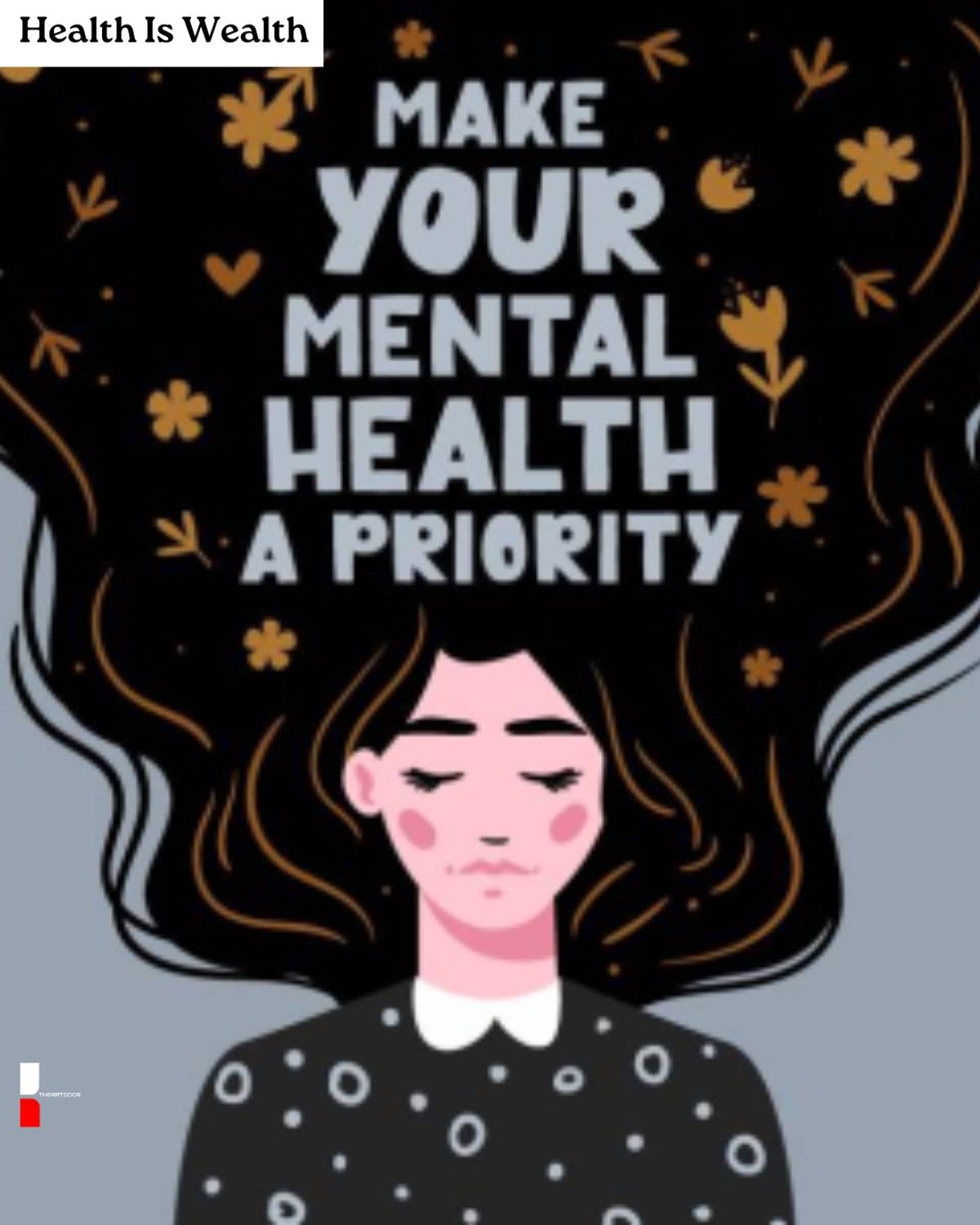Why Avoiding Mobile Screens Before Bed Is Crucial for Your Health
By Ariel Rose | Editor in chief: Adrienne Carter
Share
By Rachel Pinto, MS, LPC-S
In today’s digital age, mobile phones have become an integral part of daily life. Yet, experts warn that using mobile screens before bedtime can significantly harm public health by disrupting sleep and overall well-being.
Research shows that exposure to the blue light emitted by mobile screens interferes with the body's natural sleep-wake cycle. Blue light suppresses melatonin, the hormone responsible for regulating sleep, making it harder for individuals to fall asleep and reducing sleep quality.
Dr. Sarah Mitchell, a sleep specialist, explains, “When people use their phones right before bed, their brains receive signals that it’s still daytime. This delays the onset of sleep, leading to insufficient rest and fatigue the next day.”

Photo : Google Inc
Poor sleep has been linked to a range of health issues, including weakened immune function, increased risk of heart disease, obesity, and mental health disorders such as anxiety and depression. The cumulative impact on public health is significant, especially as more people develop habits of late-night screen use.
Public health authorities are now urging individuals to establish “screen-free” routines in the hour before sleep. Recommendations include reading a book, practicing relaxation techniques, or simply winding down without electronic devices.
Dr. James Lee, a behavioral health expert, adds, “Limiting screen time before bed is not just about sleep. It’s about mental reset. Reducing exposure to stimulating content helps the brain transition into a calm, restful state, which is vital for emotional and cognitive health.”

Photo : TheWechu
Practical Tips to Reduce Screen Time Before Bed
- Set a “Digital Curfew”: Turn off all screens at least 60 minutes before bedtime.
- Use Night Mode and Blue Light Filters: While not a full solution, these features can lessen blue light exposure.
- Replace Screen Time with Relaxing Activities: Reading a physical book, meditating, or gentle stretching can promote sleepiness.
- Create a Charging Station Outside the Bedroom: Charging devices away from the bed reduces temptation.
- Use Traditional Alarm Clocks: Avoid relying on phones as alarm clocks to resist late-night phone checks.
Technology companies are introducing features like “night mode” or blue light filters on phones and tablets to reduce potential harm, but experts emphasize these are not complete solutions.
“We need a cultural shift toward mindful technology use,” says Dr. Mitchell. “Prioritizing good sleep hygiene, including limiting screen time before bed, is essential for maintaining health in our increasingly connected world.”
As awareness grows, health officials hope more people will adopt healthier nighttime habits, improving both individual and public health outcomes.


